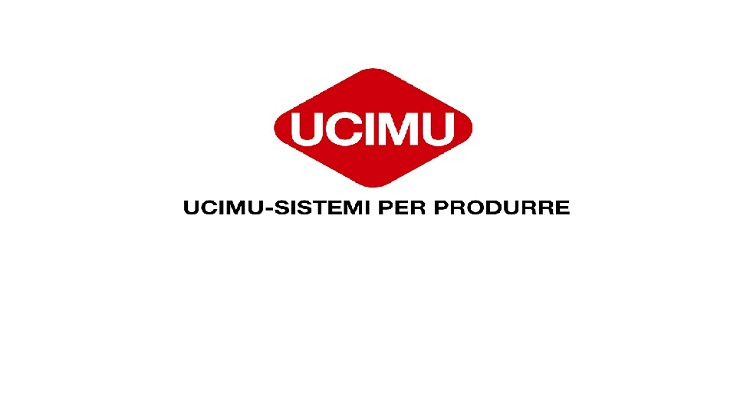The fourth 2015 quarter registered an index of machine tool orders, drawn up by the Studies Dept. of UCIMU-SISTEMI PER PRODURRE, losing ground and dropped by 4% as against the same period last year, for an absolute value standing at 132.9 (based on 2010=100).
The upward trend, lasting for eight consecutive quarters, has therefore come to a halt, arousing some doubts as to the effective validity of the investments resumed in production systems.
In particular, the overall result was determined by the unsatisfactory results reached by manufacturers on foreign markets, where a 6.5% drop in orders placed with them was registered against the October-December 2014 period, for an absolute value standing at 126.
To the contrary the domestic order index, registering a 6.8% increase against the same period last year, for an absolute value standing at 174.4.
On an annual basis the index registered an average 8.6% increase (absolute value 128.7) against 2014. The result was determined by both the favourable trend in the manufacturers’ performance on the foreign market (+6.7%) as well as the good results registered by the domestic market (18.1%).
“Certainly – stated Luigi Galdabini, president of UCIMU-SISTEMI PER PRODURRE – the results achieved in 2015 are satisfactory and foster a positive outlook for these early months of 2016”.
“But – added Galdabini – if, on the one side the annual average index registers a minor increase as against the one last year, on the other, the absolute index is still far from those typical of the pre-crisis period. These indicators demonstrate that the lost ground has still yet to be recovered. And it is also for this reason that recovery must not come to a standstill right now”.
On the other hand, according to the last survey conducted by UCIMU on the pool of machinery installed in Italian metal and mechanical enterprises and presented two weeks ago at the Chamber of Deputies of the Italian Parliament, it emerged that the average age of production machinery had grown by almost three years, standing at around 12 years and eight months: the oldest ever registered in forty years in these parts. About 30% of machinery installed is over twenty years old, being less by 25% in 2005.
“This data – continued Luigi Galdabini – demonstrates that the Italian industrial system’s competitiveness inevitably risks losing ground, also because industries in emergent countries are, in the meantime, equipping themselves with new generation systems and technologies. In this scenario the danger of the new phase in recovery coming to a standstill is already making everything even more worrying”.
“In this sense, apart from the New Sabatini Law and the Super-amortization permitting to depreciate 140% of the purchase value of capital goods, we would also ask for structural measures able to sustain a recovery in consumption and modernization of the production systems in Italian enterprises, the only way to assure future prosperity for the country’s manufacturing industry. It would be particularly useful to liberalise amortization quotas making it possible to depreciate purchased machinery over a shorter period of time. Apart from incentivizing new purchases, this measure does not actually incur costs to be born by the State, which would only envisage a deferred encashment. If this is not possible, then at least the amortization rates, frozen since 1988, should be adjusted”.
“Having said this – concluded Galdabini – the most appropriate method for preventing machine tools from ageing is to adopt a system of incentives to voluntarily replace obsolete machinery with new technologies designed and constructed in compliance with new production requirements, energy saving and compliance with the current EU regulations on work safety”.


